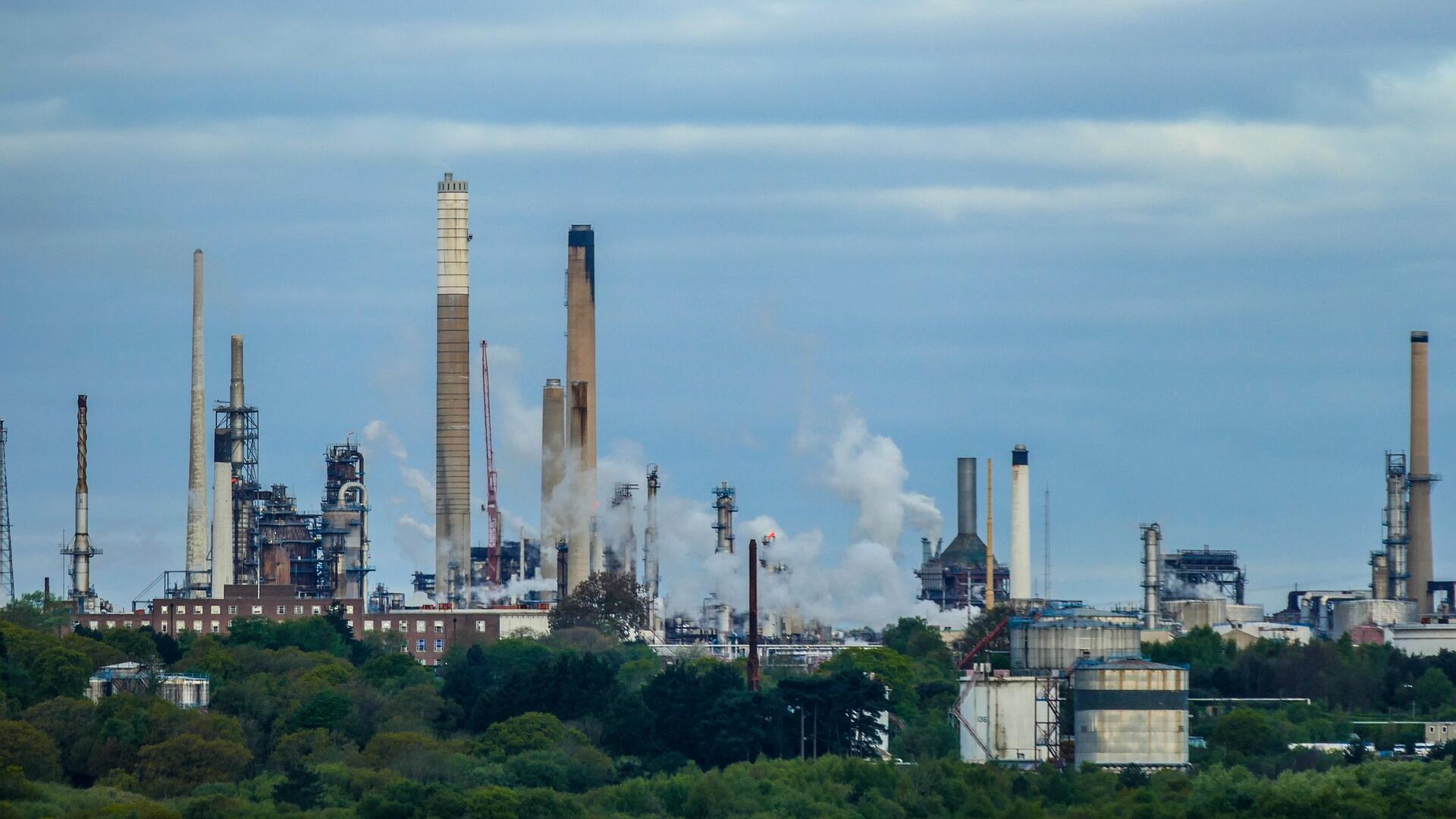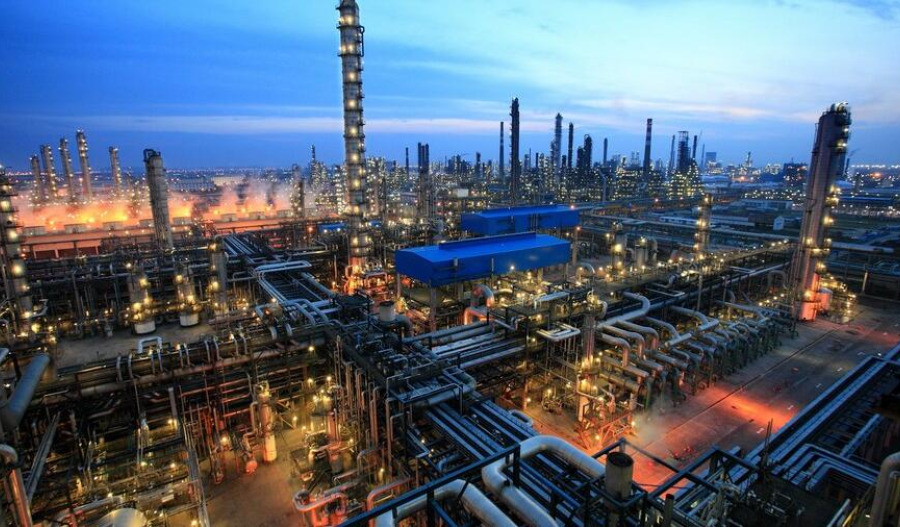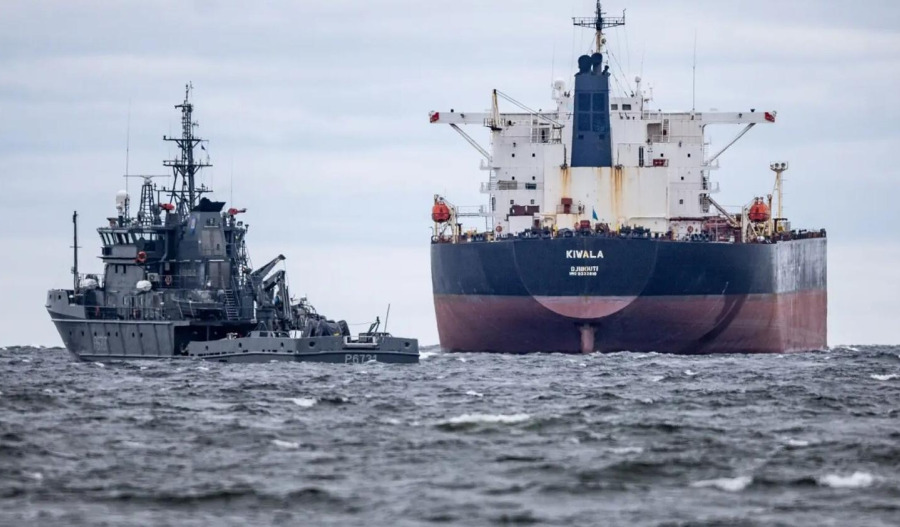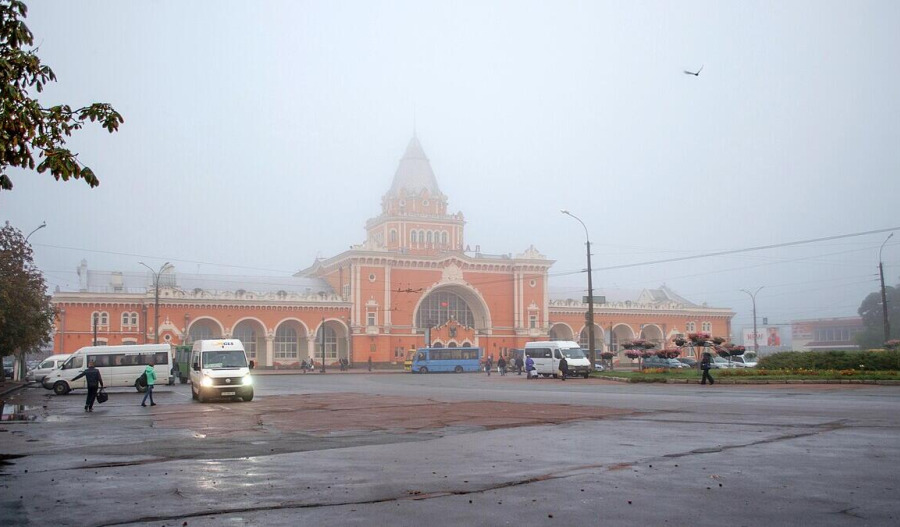Oil prices edged lower in early Asian trading on Friday, trimming part of the previous day’s surge but remaining on course for a strong weekly gain, as sweeping United States sanctions on Russia’s top oil producers reignited fears of global supply disruptions.
By 4:15 pm AEDT (5:15 am GMT) Brent crude futures slipped 26 cents or 0.4% to US$65.73 per barrel, while U.S. West Texas Intermediate (WTI) crude declined 27 cents or 0.4% to US$61.52 per barrel.
Despite the pullback, both benchmarks were on track for about a 7.5% weekly gain, their largest since mid-June, after jumping more than 5% on Thursday.
The rally was driven by new U.S. sanctions targeting Russian energy giants Rosneft and Lukoil, which together account for more than 5% of global oil output.
The measures, announced by President Donald Trump, aim to pressure Russian President Vladimir Putin to end the war in Ukraine.
Putin struck a defiant tone on Thursday, dismissing the sanctions as an unfriendly act that would not significantly harm Russia’s economy.
He also underscored Moscow’s importance to global energy markets, warning that attempts to isolate Russian oil would have “global consequences.”
The sanctions have already disrupted trade flows. Chinese state oil majors have suspended Russian crude purchases in the near term, according to Reuters, while India, Russia’s largest seaborne customer, is reportedly set to sharply reduce imports.
ANZ analysts noted: “Senior refinery executives in India said the restrictions would make it impossible for flows to continue. India has been a significant buyer of Russian crude over the past two years. It now makes up over one-third of Russia’s total exports.
"The latest U.S. sanctions are a significant change in policy, where previous efforts to pressure Russia to end the war included the G7 price cap on Russian oil.”
In addition to Washington’s measures, the European Union announced a new sanctions package targeting Russia’s energy infrastructure, including a full transaction ban on Rosneft PJSC and Gazprom Neft PJSC, as well as restrictions on 117 additional shadow fleet tankers allegedly used to circumvent earlier bans.
Ukraine also claimed responsibility for a drone strike on Rosneft’s Ryazan refinery, further adding to geopolitical tensions.
Britain joined in by sanctioning Rosneft and Lukoil last week, while the EU’s latest sanctions list added two Chinese refiners with a combined capacity of 600,000 barrels per day and Chinaoil Hong Kong, a PetroChina subsidiary.



